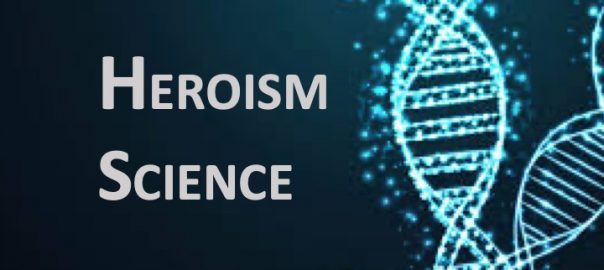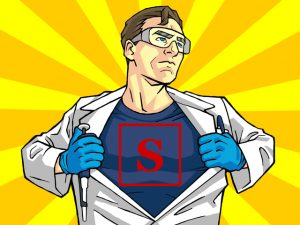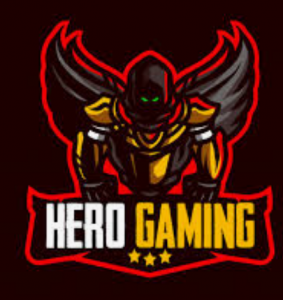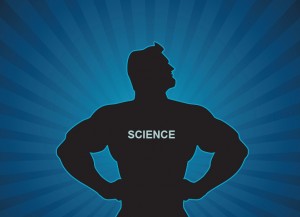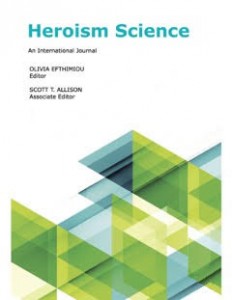Although the field of heroism science is roughly two decades old, many people still wonder what the science is, and what it seeks to accomplish.
So here’s a brief description:
Since the year 2000, roughly, there has been a new (or renewed) scientific interest in topics such as morality, cooperation, altruism, wisdom, meaning, purpose, resilience, hope, flow, human growth, courage, empathy, spirituality, health, public service, self-control, emotional intelligence, and character strengths. The past decade especially has witnessed a surge in research on exceptional individuals who best exemplify these positive qualities: heroes and heroic leaders.
Heroism science is a multiple disciplinary field which seeks to understand heroism, the hero’s journey and heroic leadership through three lenses. First, scholars seek to understand the origins of heroism. Second, they aim to identify the many different types of heroism. Third, they seek to illuminate the many processes associated with heroism. These processes can be biological, psychological, sociocultural, and more.
Heroism scientists use of a mix of traditional and new approaches in a wide variety of settings — pedagogy, crisis management, healthcare, counseling, workforce, community development, popular media, online activism, human rights, international relations, digital humanities, to name a few. Heroism science is part of a broader movement that aims to foster holistic well-being, promote heroic awareness and action, civic responsibility and engagement, and build resilient individuals and communities.
As Editor of the field’s flagship journal, Heroism Science, I’m happy to report that the growing multidiscipline of heroism science is doing quite well.
The journal has published dozens of articles authored by the top scholars in the field. In the past two years, there have been over 25,000 downloads of articles published in the journal. 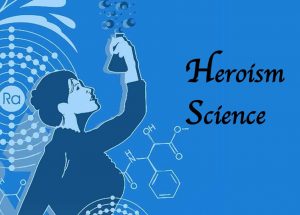 In addition, three special issues in the journal have enjoyed great success. The latest, our special issue on whistleblowers as heroes, has just gotten off the ground and is proving to be especially interesting.
In addition, three special issues in the journal have enjoyed great success. The latest, our special issue on whistleblowers as heroes, has just gotten off the ground and is proving to be especially interesting.
Here are the stated aims of the journal:
Heroism Science is a peer-reviewed open source research journal that aims to advance heroism science theory, research, and application from a broad range of disciplinary perspectives to researchers and the broader community. Contributions from all disciplines are welcome, and cross-disciplinary work, student contributions, non-Western perspectives, and approaches that address racial, ethnic and gender disparities and issues are especially welcome. Heroism Science is the official journal of the Heroic Imagination Project.
I am especially grateful to our Associate Editor, Elaine Kinsella, and to our Production Editor, Smaragda Spyrou. We’d be in dire straights without the contributions of these two outstanding colleagues.
Elaine, in particular, is to be commended for successfully co-hosting (with Eric Igou) the latest biennial Heroism Science conference. The meeting was intended to be in Ireland in 2020, but with the pandemic Elaine and Eric had to postpone until 2021. They wisely decided to make the conference a virtual one, and the entire event was a rousing triumph.
The next heroism science conference will be hosted by Peter Bray in New Zealand in 2023.
Heroism scientists have recently started a Listserve that communicates the latest activities in the field and allows for an open discussion of topics of interest to devotees of heroes and heroism. If you’d like to be included in this Listserve, please contact Golan Shahar at Ben-Gurion University.
– – – – – – – – – – – – – – – – – – – – –
